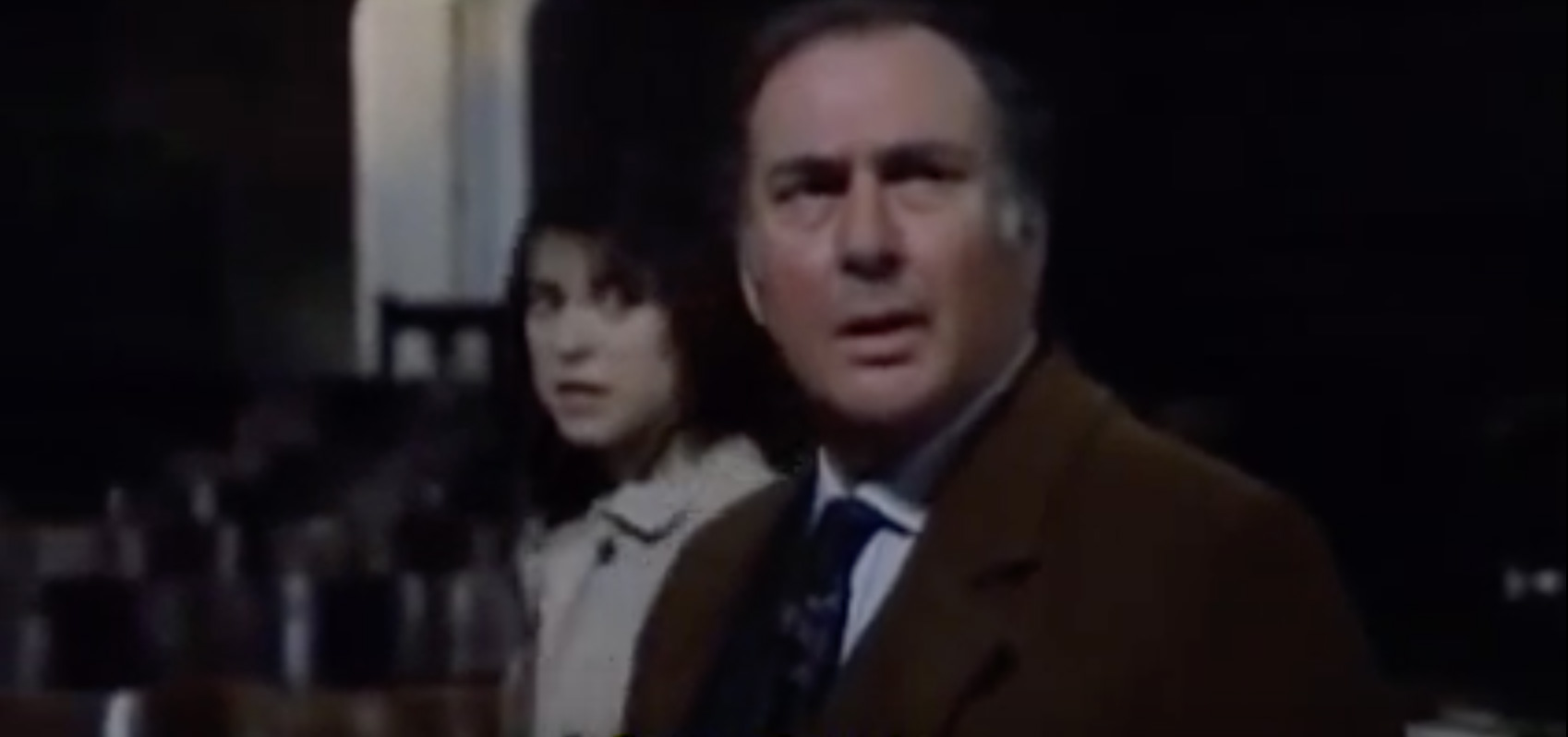An absolute must-see. Or see again.
In the year 1982, AIDA – the international association for the defense of artists who are victims of political persecution – contacted a number of intellectuals asking them to participate in a solidarity project in support of the dissident Czech playwright Vaclav Havel which was to take place at the Avignon Theatre Festival.
Banished from theatre in 1968 on the wave of repression following the end of the Prague Spring, Vaclav Havel had been imprisoned in 1979 together with 15 other members of the VONS, a committee for the defense of those unjustly persecuted by the Communist regime.
Samuel Beckett decided to take part in the initiative and to contribute by writing a play for the occasion. The title of the theatrical work that came to be was “Catastrophe”. In the one-act play Beckett uses the world of theatre and its hierarchies as a metaphor of power, of the violence of totalitarianism and of the fight against them.
Several years later, in 2000, the American director David Mamet directed Pinter in the television adaptation of the work by his great friend Samuel Becket, a work he defined as an “ unsurpassable example of political theatre”.
An extremely powerful short film, just under 6 minutes, in which Pinter plays D (Director) who together with his remissive assistant (A) , prepares P (Protagonist) , an old and inert actor , for the final scene of a theatrical drama. The cast included the British-American actress Rebecca Pidgeon and the great British actor Sir Arthur John Gielgud in his last appearance on stage.

